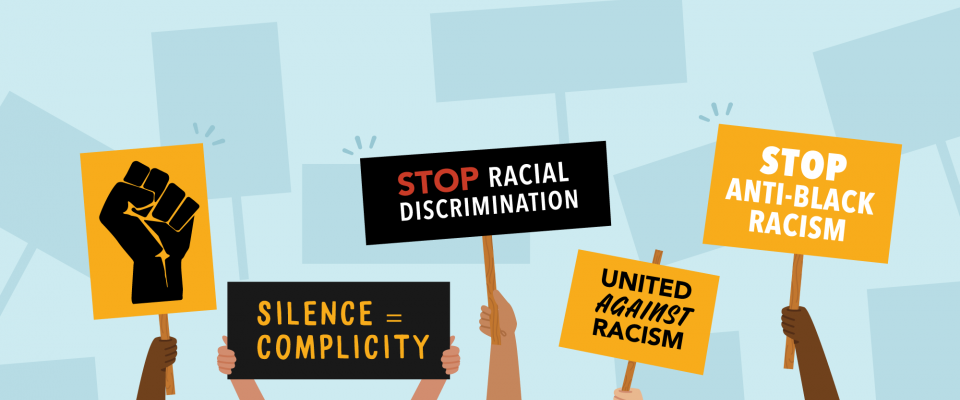The class action lawsuit against the Canadian federal government alleging systemic discrimination in its hiring and promotional practices continues to gain momentum as more current and former employees add their names to the historic legal action.
The lawsuit reaches back 50 years, accusing the federal government of Black employee exclusion: the systemic practice of limiting skilled Black workers from career advancement opportunities and being disproportionally underrepresented in management and high-ranking positions in the federal public service.
Black public service workers are disproportionately underrepresented at the highest levels of the federal public service. According to 2019 Treasury Board statistics, Black workers represent the largest group of racialized workers in the federal government at 3.2 per cent yet represent only 1.6 per cent of those at the executive level. Black workers also tend to be clustered in lower-level administrative categories.
PSAC is supporting the pending class action suit and is seeking intervener status in the legal case that has 600 plaintiffs thus far. Many of the plaintiffs are qualified, highly-educated workers with decades of experience, yet have been repeatedly passed over for positions or advancement opportunities.
Nicholas Thompson, PSAC member and UTE (Union of Taxation Employees) local president, has worked in the federal public service for six years and is one of the
lead plaintiffs in the class action lawsuit. “We are fighting for a public service that is representative of Black workers — at all levels,” says Nicholas.
“We know that when victories are won for Black workers, all other underrepresented or marginalized groups also win. That is why this fight is so important — it will open the door not only for Black workers but for all other racialized and underrepresented groups.”
– Nicholas Thompson
The lawsuit demands justice in the form of improved representation, accountability measures, compensation, and policy changes such as improving the language in the Employment Equity Act. “One of the most important changes the government can make right now is to amend the Employment Equity Act and create a separate category for Black workers — apart from the ‘visible minority’ category,” said Nicholas. “This would allow federal employers, and employers regulated by the federal government, to directedly address underrepresentation issues for Black workers.”
Many complainants have not just been held back in their careers, but also have troubling stories of harassment and discrimination. This is especially true for Black women in the public service who are further marginalized for their gender, and further still if they are a member of the LGBTQ2+ community, a parent, or living with a disability.
Carol Sip, a plaintiff and former Canada Border Services Agency worker and member of PSAC, said her supervisor regularly made derogatory remarks towards her, yet her employer was unwilling to help. “I brought it to management’s attention, and they did nothing about it,” said Carol. The harassment took a toll on her mental health until she reached out to the CBSA national office, leading to an internal investigation that proved she was the target of sexual harassment and discrimination in the workplace. Despite never receiving a promotion, Carol delivered 26 years of public service in a toxic work environment.
Many of the complainants are hurt after decades of mistreatment but are hopeful that taking legal action can force the federal government to tear down systemic barriers and increase diversity in its ranks to create a better public service for future workers.
“I would like things to change for the young people that would like to join the public service.”
– Carol Sip
Taking up this fight now, especially after the pandemic, is crucial to creating an inclusive public service, said Nicholas. “The public service should be a place where you can work hard and climb as high as you want. That’s the public service we are dreaming of, that’s the public service that we are fighting for, for generations of Black workers to come.”
Contributor: Tasia Brown
 Member Login
Member Login



